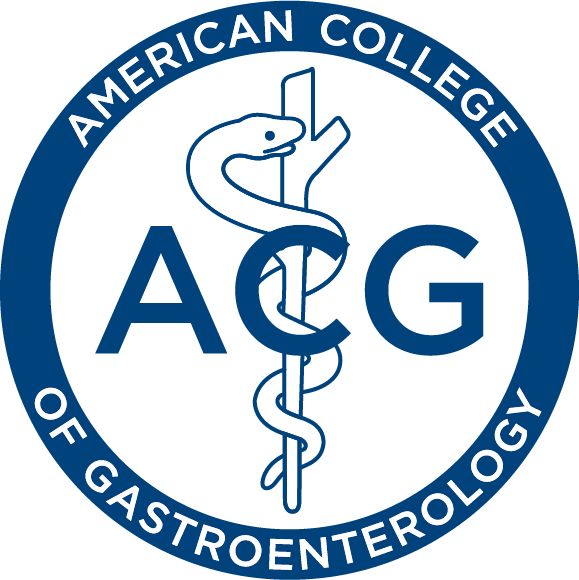Newswise — The April issue of The American Journal of Gastroenterology highlights new clinical science, including an examination of changes in lifestyle habits and risk of colorectal cancer (CRC), practical recommendations for clinicians on the diagnosis and management of several GI conditions, discussion of the placebo or “nocebo” effect with patients in randomized clinical trials, and therapy regimens for H. pylori infection. This month we also published articles on cyclic vomiting syndrome, diverticulitis, Barrett’s esophagus, nonalcoholic steatohepatitis, IBD, pancreatitis, and more.
Several articles are highlighted below and access to any articles from this issue, or past issues, is available upon request. The College is also able to connect members of the press with study authors or outside experts who can comment on the articles.
Changes in Lifestyle and Risk of Colorectal Cancer in the European Prospective Investigation Into Cancer and Nutrition
Botteri, et al.
Using baseline and follow-up data from the European Prospective Investigation into Cancer cohort (comprising 10 European countries) the authors examined how changes in lifestyle habits impacted colorectal cancer risk. They found that body weight gain in early adulthood, but not older adulthood, may be associated with a higher risk of CRC. Decreasing alcohol consumption and increasing levels of physical activity were associated with a lower risk of CRC. Among the small proportion of the study population who reduced their smoking levels, particularly in younger individuals and for distal cancer, an increased risk of CRC was observed.
Real-World Evidence Comparing Vedolizumab and Ustekinumab in Anti-TNF Experienced Patients with Crohn’s Disease
Kappelman, et al.
In this study, authors compared the effectiveness and safety of ustekinumab to vedolizumab in US patients with Crohn’s disease. No difference in primary outcomes after one year were observed, though all-cause hospitalization, nonsurgical CD hospitalization, and hospitalization for infection were more likely for patients treated with ustekinumab.
Molecular Characteristics of Early-Onset Colorectal Cancer According to Detailed Anatomical Locations: Comparison With Later-Onset Cases
Ugai, et al.
This study examined molecular differences in colorectal cancer tumors, depending on their location and whether the cases are early-onset (before age 50) and later-onset (age 50+). According to the authors, “This study showed substantial differences of tumor molecular characteristics in early-onset and later-onset colorectal carcinomas arising in different colorectal subsites. Our findings not only support biogeographical heterogeneity along colorectal length that influences carcinogenic processes but also provide compelling rationale for designing large-scale studies to robustly investigate detailed subsite data in colorectal disease research.”
Response-Guided Therapy With Cefotaxime, Ceftriaxone, or Ciprofloxacin for Spontaneous Bacterial Peritonitis: A Randomized Trial: A Validation Study of 2021 AASLD Practice Guidance for SBP
Yim, et al.
In this randomized controlled clinical trial, three therapies were compared for spontaneous bacterial peritonitis (SBP), one of the most serious complications of liver cirrhosis. Cefotaxime is the current standard therapy for community-acquired SBP, but no significant difference in efficacy was found between the three study groups. Given the increasing prevalence of antibiotic resistance, this study supports the efficacy of alternate therapies if a patient does not respond to initial antibiotic therapy.
Visual Abstract
About the American College of Gastroenterology
Founded in 1932, the American College of Gastroenterology (ACG) is an organization with an international membership of over 18,000 individuals from 86 countries. The College’s vision is to be the preeminent professional organization that champions the prevention, diagnosis, and treatment of digestive disorders, serving as a beacon to guide the delivery of the highest quality, compassionate, and evidence-based patient care. The mission of the College is to enhance the ability of our members to provide world class care to patients with digestive disorders and advance the profession through excellence and innovation based upon the pillars of Patient Care, Education, Scientific Investigation, Advocacy and Practice Management. www.gi.org
###

